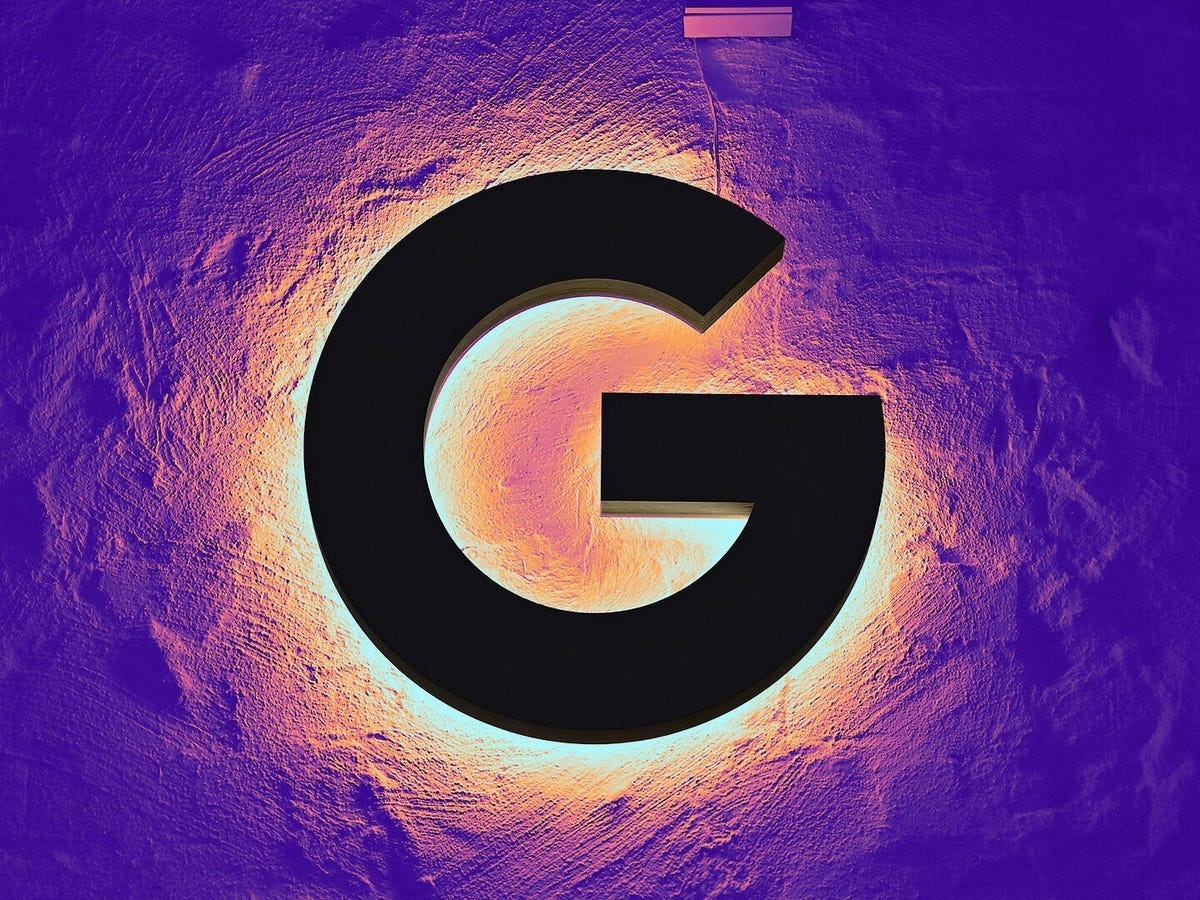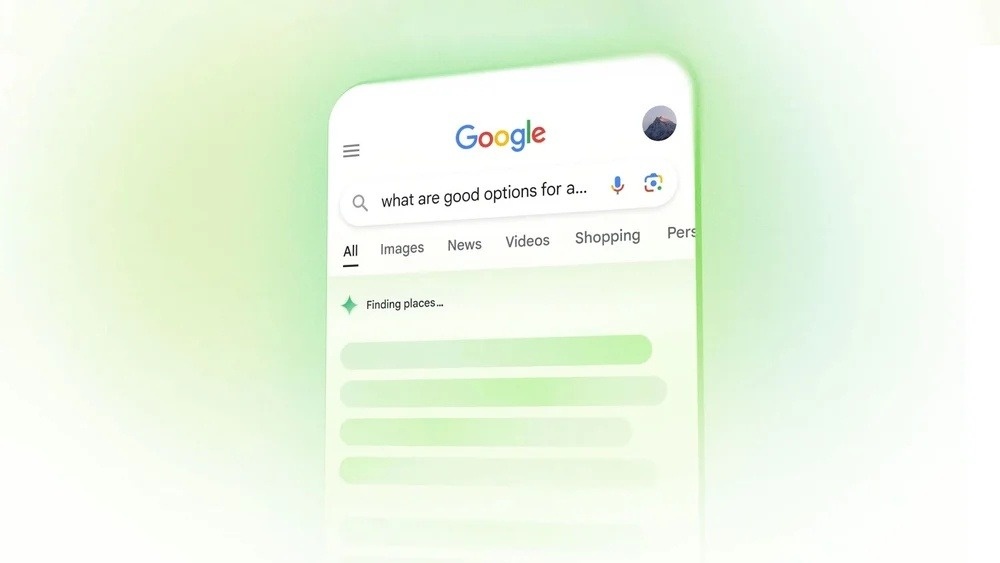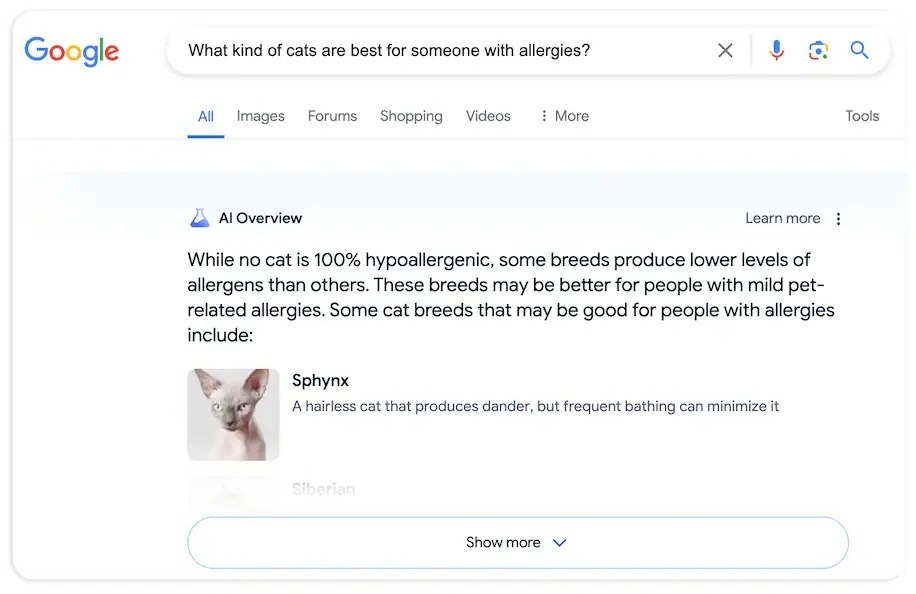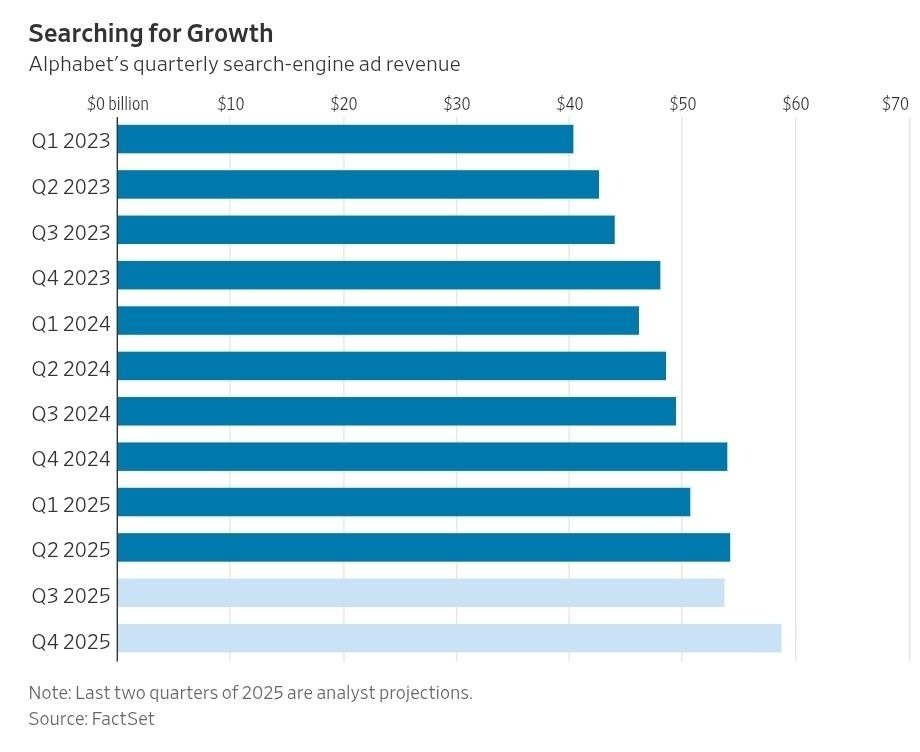
Since ChatGPT emerged as a phenomenon, there have been frequent headlines about how chatbots will soon replace Google Search as the default search engine.
Instead of having to click through to each regular web page, chatbots aggregate content and rewrite it into short text that they predict will best match the question.
But reality is proving otherwise. Google’s ubiquitous search engine has shown surprising resilience in the face of competition from the likes of OpenAI.
Solid defense
The symbiosis between websites and Google has been going on for nearly two decades. Even when Google announced the AI chatbot Bard last year, many web publishers were still comforting themselves that Google would not be able to integrate such an unstable and unproven technology into its search engine.
 |
The addition of AI-powered answer summaries is the biggest change Google has made to its core search engine in years. Photo: Google. |
However, the tech giant has shown its ability to adapt quickly to technological advances. At its Google I/O 2024 developer conference, Google announced that it would start showing AI-generated answers — called “AI Overviews.”
Accordingly, answers provided by the Gemini AI chatbot will appear at the top of the search results page when users query. The system will provide users with brief summaries of whatever information they are looking for, along with suggested follow-up questions and a series of links they can click to learn more.
The WSJ believes that AI Overviews is Google’s most effective defense against the AI wave. In the latest statement, CEO Sundar Pichai revealed that the tool now has more than 2 billion monthly users, up from 1.5 billion in the most recent quarterly update. In addition, Google is also deploying an “AI mode” that competes more directly with chatbots.
Data from independent analytics also shows that Google’s AI search strategy is having an impact. Search impressions, the number of links that appear in searches even if they aren’t clicked, have increased by 49% in 2025 since AI Overviews was launched, according to a May report from BrightEdge, a search engine optimization company.
It's understandable that the rise in AI Overviews usage is a positive for a company like Alphabet, where search advertising accounts for more than half of its total revenue.
Also in the latest report, Google's parent company announced that revenue from search activities increased by 12% compared to a year earlier, marking a new record of 54.2 billion USD .
Solid position
In fact, many websites get most of their traffic from Google search results. People search for something and click on articles about it.
In return, high traffic helps websites sell ads and pay monthly fees, creating new articles that Google will continue to show to people who are looking for more content.
 |
AI Overviews is said to improve the user experience by “eliminating the time-consuming task of searching previously.” Photo: Washington Post. |
This isn’t the first time the search giant has taken sensible defensive actions. Twenty years ago, as search traffic was about to shift to mobile, Google acquired Android and developed its own mobile operating system.
As Apple's iPhone became popular, Google began paying Apple billions of dollars to make its search engine the default choice in the Safari browser.
When the AI boom began nearly three years ago and Microsoft’s Bing engine began to “rise,” Google immediately poured money into AI computing. Since then, Microsoft has had little significant impact.
ChatGPT is growing rapidly as a tool for Americans to look up information, according to a June report from Similarweb, a company that studies website activity.
Specifically, from January to May 2025, there were approximately 25 million visits to a news website after users clicked on a link in ChatGPT. This number corresponds to a 25-fold increase compared to the figure of only 1 million visits in 2024.
During the same period, however, Americans visited news websites about 9.5 billion times from using traditional web search engines like Google Search and clicking on a link.
In other words, for every American who asked ChatGPT for information and visited a news site to learn more, 379 other users used Google to do the same.
 |
Revenue from search division of Alphabet - Google's parent company. Photo: WSJ. |
Another report, by web analytics company Datos and software firm SparkToro, found that about 11% of users' desktop website visits come from Google and other search engines.
AI chatbots — including ChatGPT, Google Gemini, or Claude — account for less than 1% of combined website traffic.
The report also found that despite the huge increase in visits to chatbot sites over the past year, users still tend to use traditional search sites overall.
SparkToro CEO Rand Fishkin did some data analysis and concluded that chatbots still don't compare to search engines.
Specifically, Fishkin said users are performing more than 14 billion Google searches per day compared to up to 37.5 million similar searches on ChatGPT. In other words, Google has about 373 times the equivalent usage of ChatGPT.
Source: https://znews.vn/ai-giet-chet-google-dieu-nguoc-lai-dang-xay-ra-post1571701.html




































































































Comment (0)